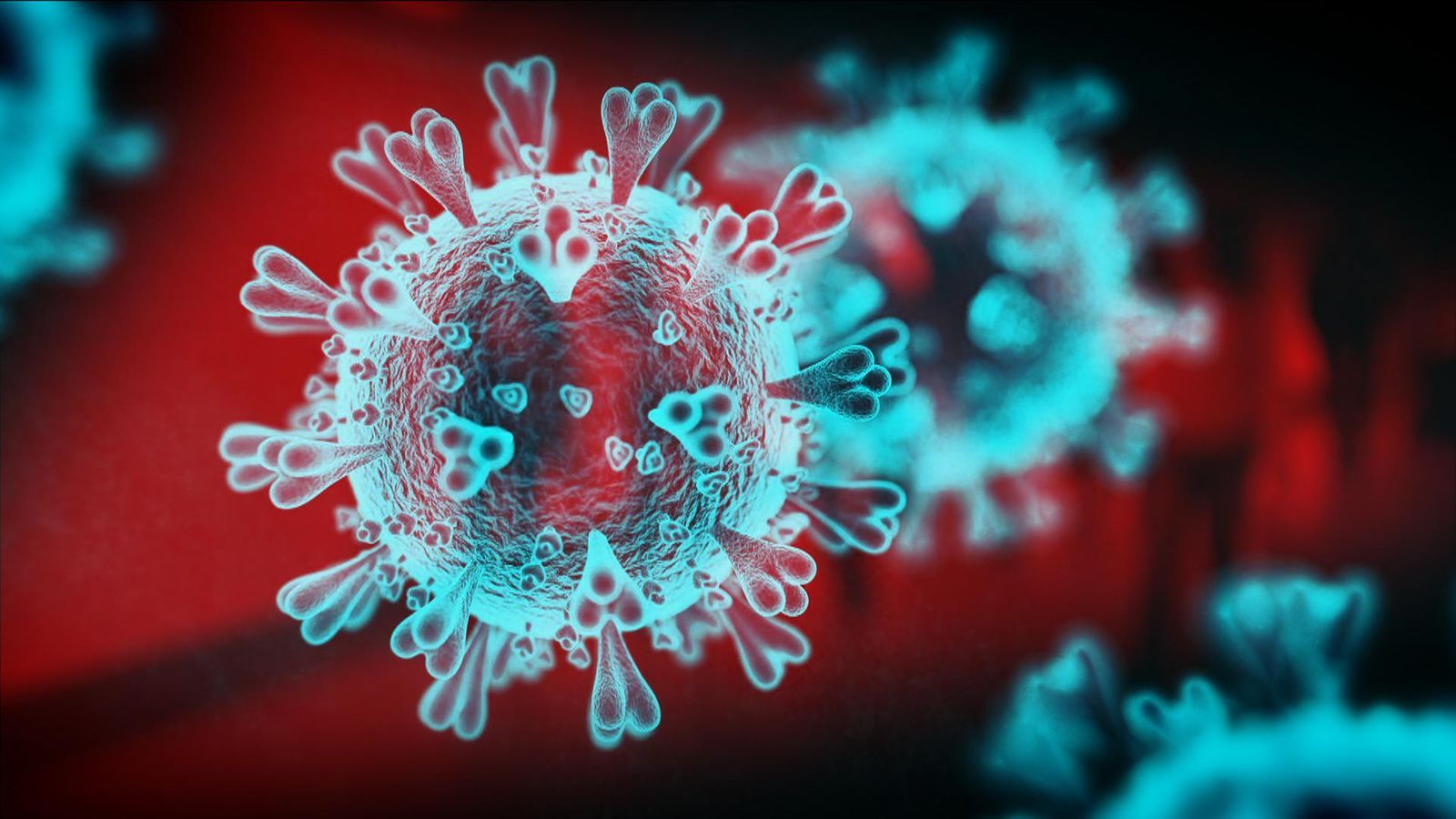Britain is putting vulnerable people at risk from mutant variants of the coronavirus by delaying the second dose of the vaccine, according to South Africa’s top adviser on immunisations.
South Africa is suffering a sharp spike in cases, driven by a new variant that may reduce the effectiveness of vaccines.
That threat has been underlined by new lab tests showing that antibodies may be at least 10 times less effective against the new variant, which is separate to the mutation that was originally identified in England.
UK health secretary Matt Hancock has described the variant as “incredibly worrying” and transport links with South Africa were severed after two cases were identified in London and the North West of England.
Professor Barry Schoub, chair of the South African government’s vaccine advisory committee, told Sky News that border controls won’t stop the virus and that giving just one dose would reduce protection in the most vulnerable.
“There is greater risk,” he said.
“It is more transmissible, and your immunity is only half what it should be, so that will increase the risk transmission.
“I’d think the variants would be a motivation to go for the double dose as much as you can.”
Prof Schoub’s warning came as new research suggested that a key mutation in the virus allows it to evade antibodies taken from some people who have recovered from COVID-19.
It suggests COVID vaccines could be less effective against the variant – and some people who’ve recovered from the disease may be at risk of re-infection.
Researchers from the University of Washington and the Fred Hutchinson Cancer Research Centre in Seattle describe the finding as “worrying”.
The research has been published as pre-print on bioRxiv and hasn’t been peer reviewed.
The researchers tested the ability of antibodies taken from people who have recovered from the disease to kill a range of new variants of the virus.
All had mutations in what’s called the receptor binding domain of the spike protein, which the virus uses to latch on to human cells.
A mutation called E484K, which is found in the variant from South Africa and another in Brazil, was strongly associated with reduced antibody effectiveness in some, but not all, of the 11 samples tested.
Tests on the UK variant, which doesn’t have the same mutation, showed there was no reduction in the ability of antibodies to kill the virus.
Associate Professor Jesse Bloom, who led the research, tweeted: “E484K (South African lineage) worrying for immune escape. Mutations in UK lineage less so.”
Professor Schoub agreed.
“There seems to be significant reduction of the neutralising ability (of antibodies),” he said.
“This is lab work, so how does that translate to patients?
“It doesn’t necessarily mean the lab finding will mean infections in those who have been vaccinated.
“We need ongoing studies in countries where we have rolled out vaccination programmes to see if there are breakthrough infections.”
Cases in South Africa have surged past 1.1 million, with 90% now due to the new variant.
Research suggests it is 70% more transmissible than previous versions of the virus, but it doesn’t appear to cause more serious disease.
Further research is now being carried out to gauge its impact on vaccine effectiveness.
The Department for Health has been approached for a comment.

